
Being thousands of miles away from parents apparently make students less nervous about drinking and getting in trouble for it. A new study showed students that study abroad “rage” harder in Europe than America.
The study, done by Eric Pederson, a University of Washington graduate student, polled 177 students from the school who studied abroad. Students in Europe, Australia and New Zealand had the most dramatic increase in alcohol consumption.
The study, which also appears in the latest issue of the Psychology of Addictive Behaviors medical journal, found that while abroad, students who are underage drink 170 percent more than in the U.S. The overall increase was about 105 percent.
The article suggested the largest reason for the increase is a spring break-like atmosphere while being away from home.
“The checks and balances aren’t there,” said Dave Engberg, the director of Overseas Programs and Partnerships at the University of Wisconsin-Milwaukee. “The drinking age being 18 or not enforced very strictly could increase drinking, as could being outside of your own culture. People are more likely to be responsible with their social network around.”
Engberg cautioned against drinking the same amount or more in Europe than in the U.S.
“Beer brewed in Europe can be a lot stronger than here in the U.S.” Engberg said. “Students need to be careful if they choose to partake in drinking. Two beers here is a lot different than two beers there.”
Terence Miller, the director of Marquette’s Office of International Education, said the cultural context is a major change for students when dealing with alcohol.
“Different cultures regard alcohol in different ways,” Miller said. “With certain cultures, to have a beer or wine with food is part of that culture. For example, in an Irish pub, to have a pint of beer might last that person the whole evening.”
Mary Pintozzi, a senior in the College of Communication who studied in Australia in the spring, said she believes the study is accurate and students drink more while abroad than they do in the U.S.
However, she said the drinking in Australia is not usually binge drinking like it commonly is in the U.S. Rather, it happens in smaller increments throughout the day.
“In Australia, drinking is part of the culture more so than here in the USA,” Pintozzi said. “It isn’t uncommon for students to get a beer between classes.”
But not everyone agrees with the study’s findings. The results of the study were taken from a very small sample, which some believe makes the research insufficient to support its conclusions.
“I don’t know if the final hypothesis is accurate because it’s limited to 177 students from Washington,” Miller said. “It doesn’t tell us the nature of the drinking, if it’s lower or higher than the students that live in the country and doesn’t take cultural context into play.”
Despite Miller’s skepticism on the accuracy of the test results, he still cautioned students against consuming alcohol while abroad.
Because the drinking age is generally 18 in Europe and Australia, no legal action is taken if students drink. There is no policing or ticketing if students are found to be drinking excessively. However, if the drinking becomes a safety concern, the university will intervene just as student conduct would here on campus, Miller said.
“I think it is important to know that alcohol is a serious problem for U.S. students,” Miller said. “Students that study overseas receive the same interventions as they would on campus. In U.S. culture, especially for university students, alcohol is seen as the entry or means to assert independence from parents, etc. That can be very dangerous.”


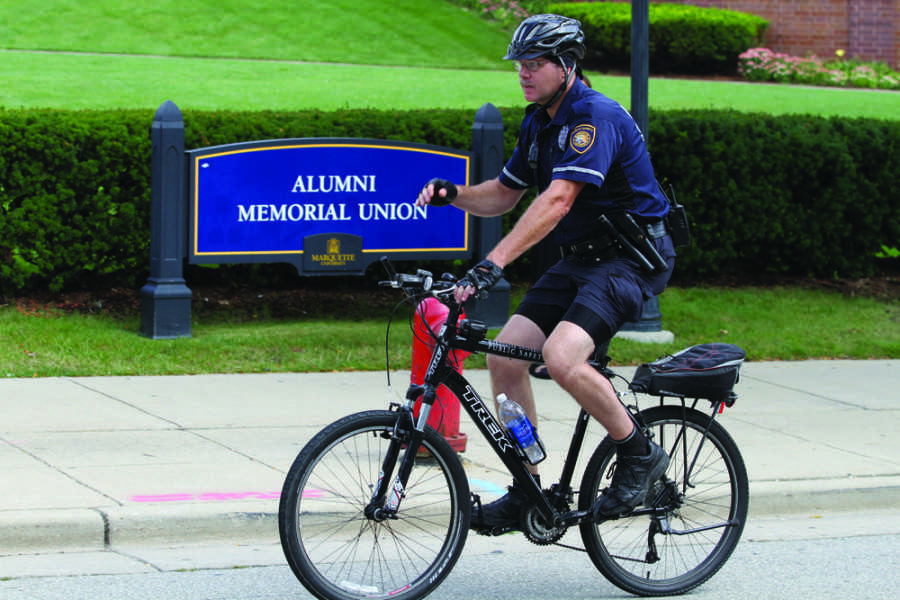
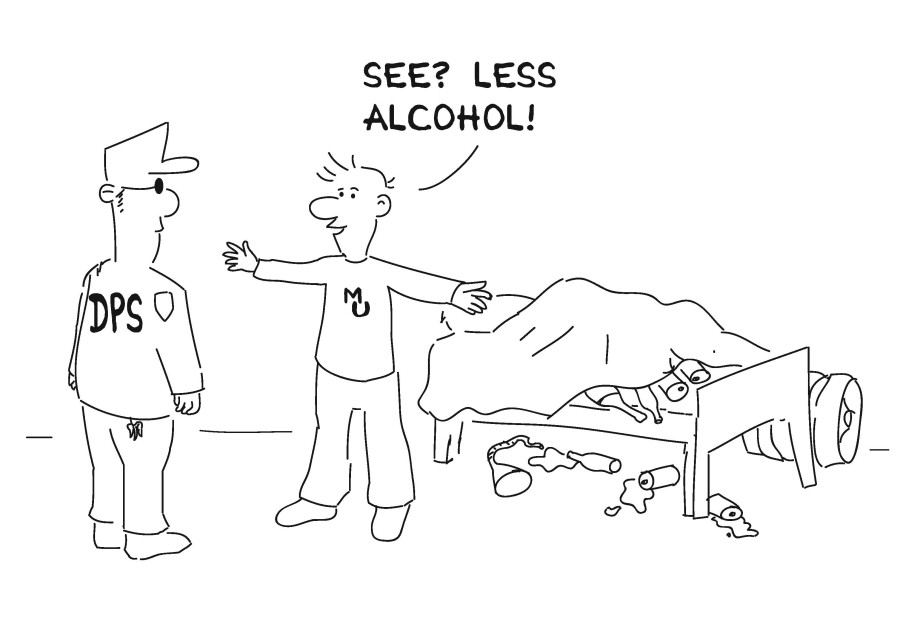
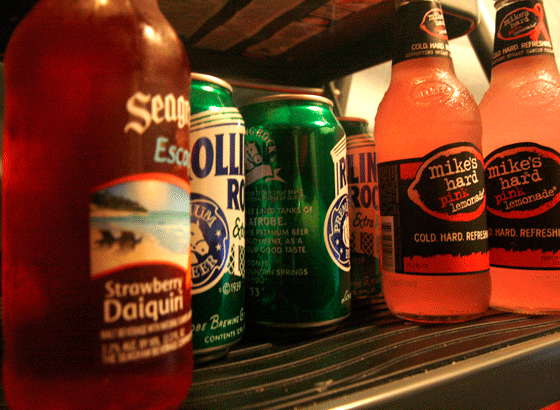
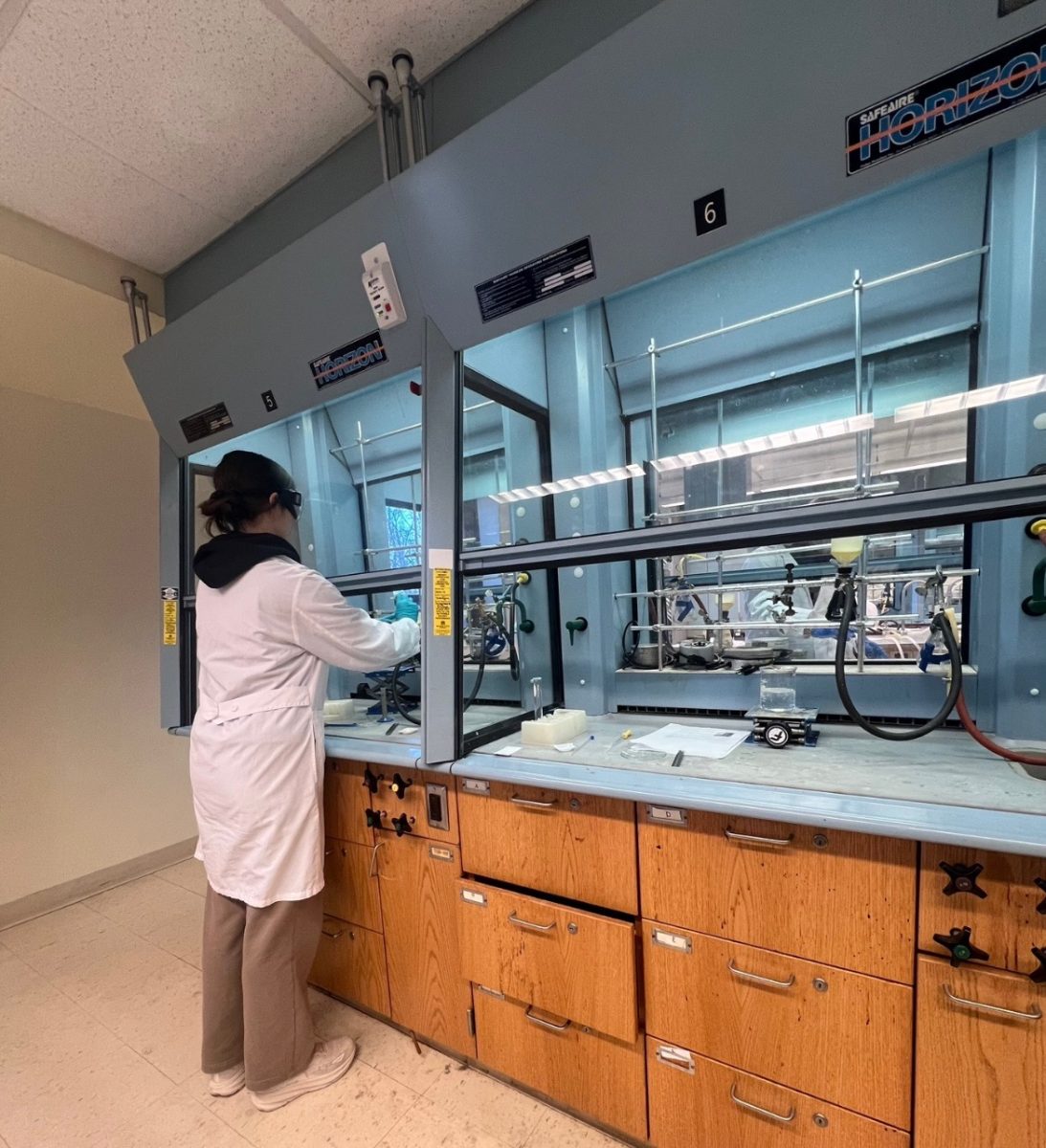

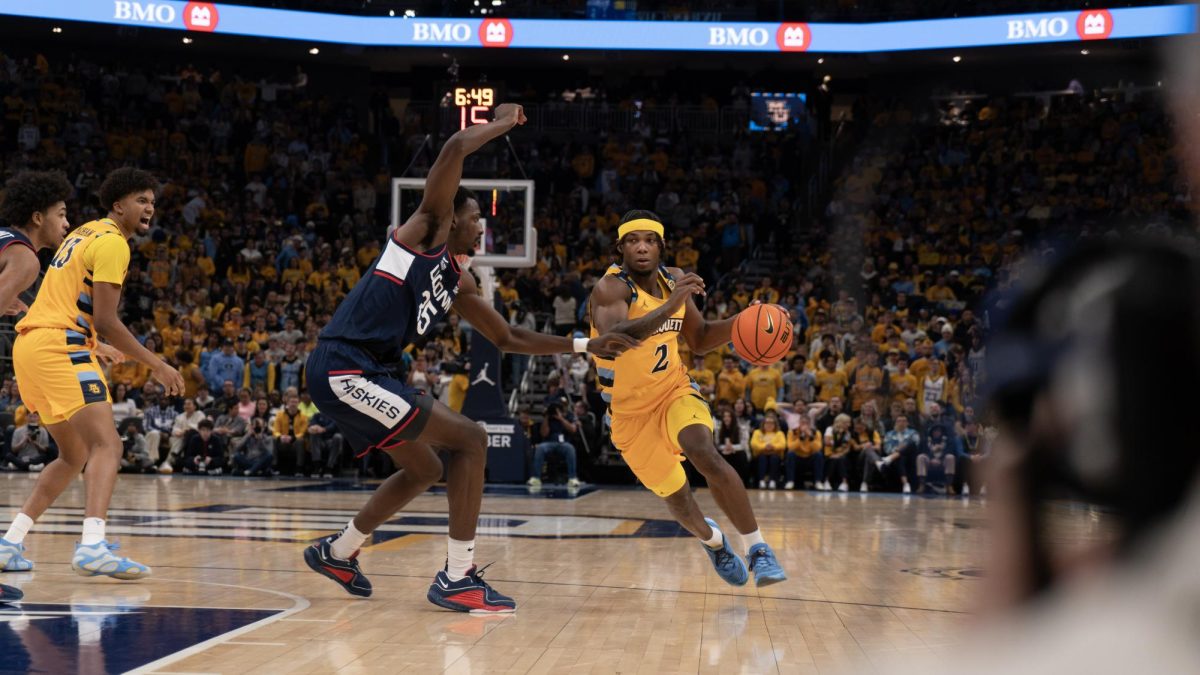
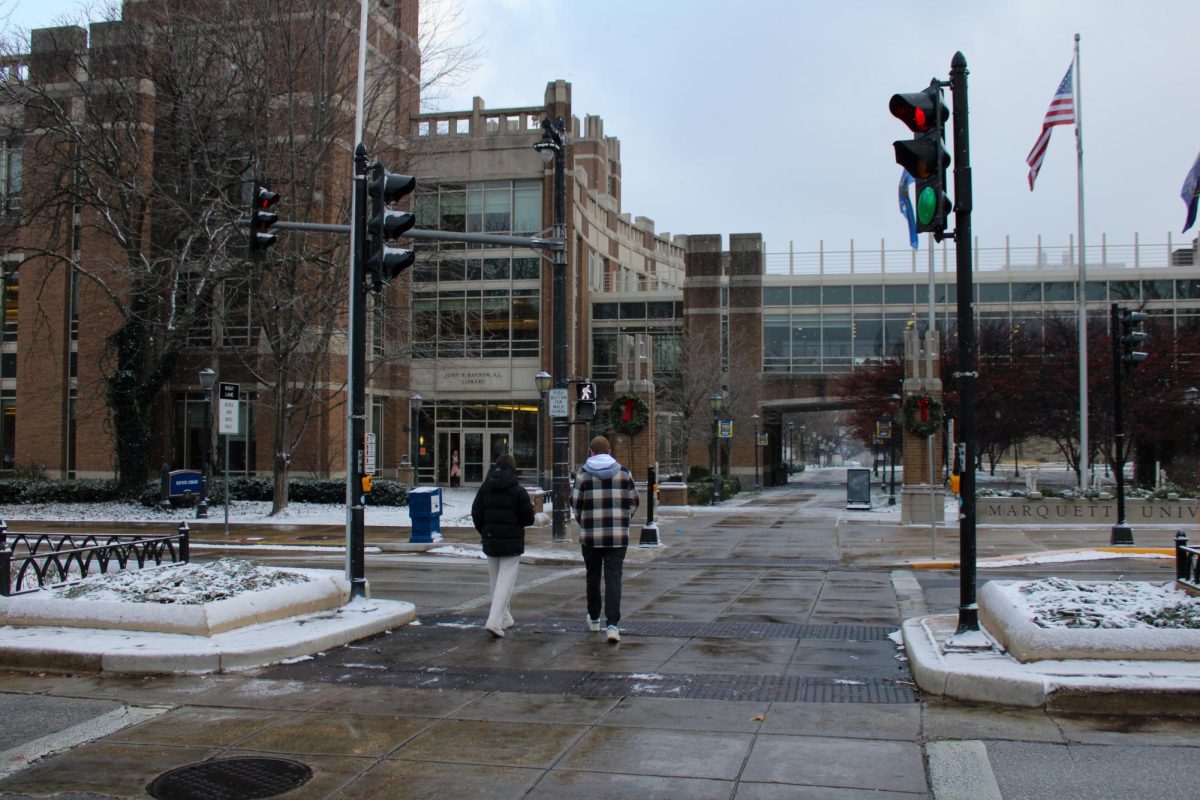
mary lover • Oct 20, 2010 at 12:41 am
Mary Pintozzi is a god.